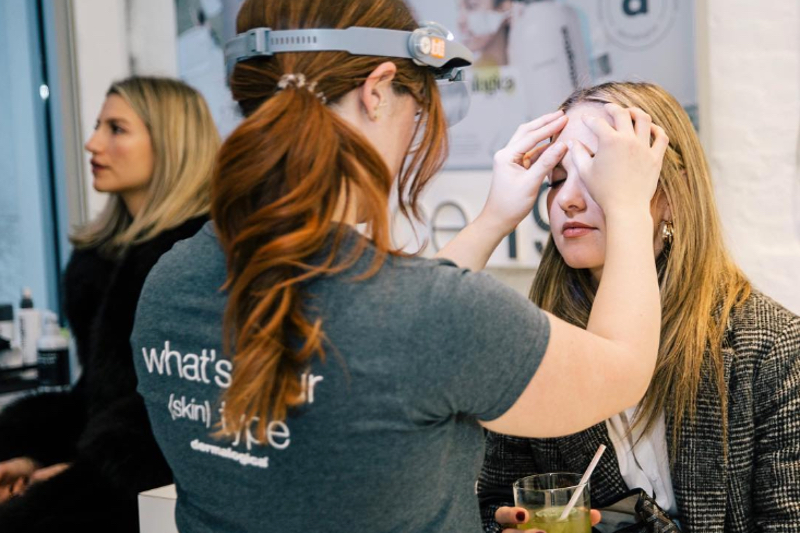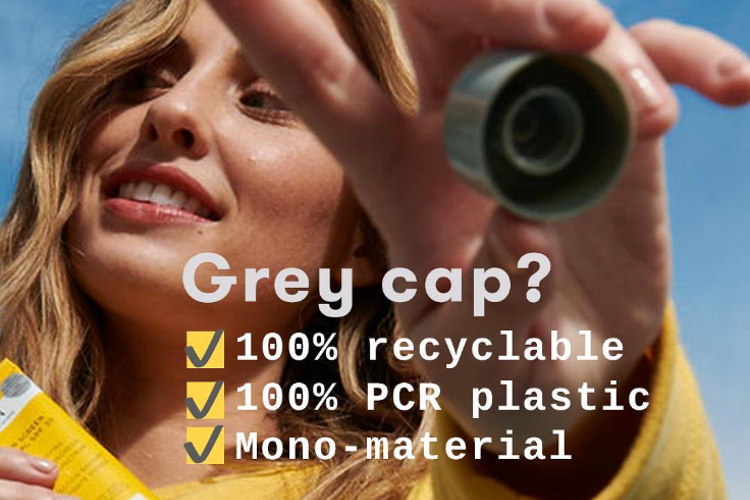1. We are moving towards next generation naturals
"We cannot sustain a trajectory of ‘all natural’ and ‘organic’. Biology is technology, and that is the basis of biotech.
Living Proof recognised this years ago, having developed a healthy hair molecule, which creates a thin, weightless, invisible shield around each hair strand. Science today is taking the essence of nature – its DNA – and recreating that into science-based natural ingredients that are bio-derived, cultured, or genetically-improved.
Luxury skin care and hair care will lead the industry towards a new narrative on naturals that speaks to today’s eco-modern consumers who have very deep green beliefs, and champion movements like what we see happening in the global trend in plant-based eating.
The move towards more science-based, bio-derived naturals is both a humanitarian and an industry imperative. It will be key to surviving in a world where we will need to care for nine billion people, with limited and diminishing natural resources."
2. Emotional wellness outweighs physical benefits

via Instagram/@dermalogica
"In our growing age of physical biometrics, it will no longer be enough to just measure, analyse or suggest a solution for the physical improvement of our skin or hair.
Today’s younger consumers look at beauty as a healthy lifestyle in which they care for their emotions as well. Millennials are the largest cohort that have fuelled the over $17bn self-care industry today, using a range of self-care and meditation apps. And it often doesn’t take an app to enhance one’s emotions being.
For example, Jane Wurwand the founder of Dermalogica found through an interaction with a frequent client that she liked to have her facial treatment more often than needed because she loved the human touch.
The simple act of a facial uplifted her wellness. Self-care is a vital part of beauty wellness, and the way we help people engage with products, solutions, and treatments."
3. Sustainability has to be about systemic change

via Instagram/@renskincare
"Our overall purpose at Unilever is to make sustainable living commonplace, addressing commitments to our social, economic and environmental performance across the value chain. Taking packaging as an example, we know that recycling and the wider issue of plastic waste is important to consumers.
Last year, Unilever committed to ensuring its plastic packaging will be designed to be 100% reusable, recyclable or compostable by 2025. This requires systemic change.
Systems can be small, such as organisations, or large, such as the whole economy. Systemic change is where relationships between different aspects of the system have changed towards new outcomes and goals. And it’s driven by transformational, not incremental change.
As part of REN Clean Skincare’s Clean to Planet initiative, which last year saw the launch of its partnership with the Surfrider Foundation, they are working to reduce ocean and beach plastic. Its decision to use reclaimed ocean and beach plastic in the production of its prestige skincare and body care packaging comes at a time when the health of the ocean has reached a crisis state.
Over the last year we have seen the beauty industry take some big steps to address this. It’s an ongoing journey and there is still more to do".
Did you know?
CEW UK was launched with a volunteer group of 7 in 1992 assembled by Glenda Bailey, then Editor of Marie Claire UK. There were no paid employees until 2002.
For more information on the organisation, or to become a CEW member, visit cewuk.co.uk
